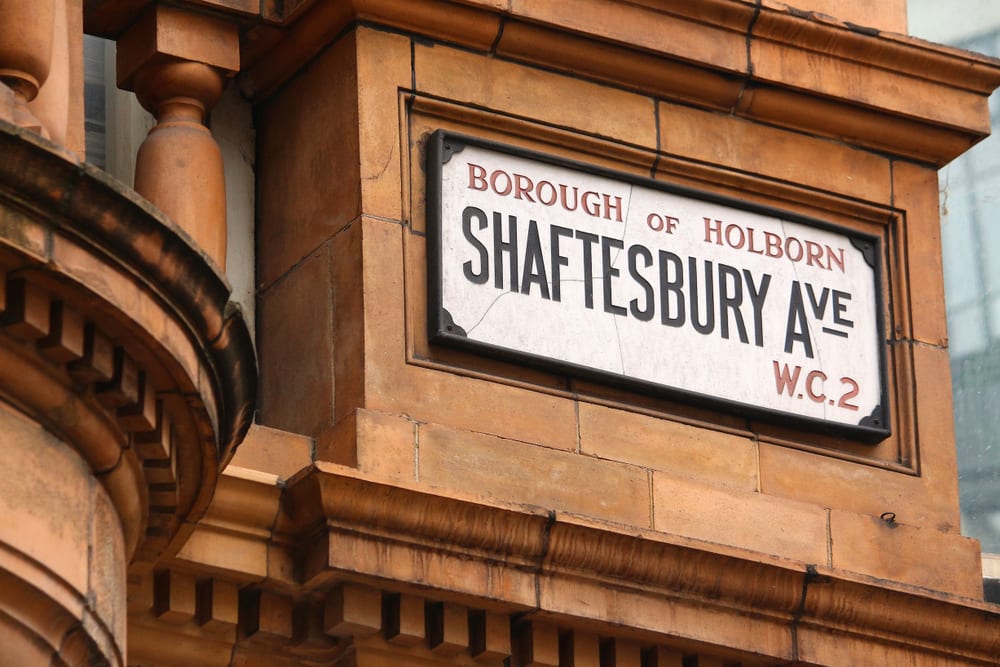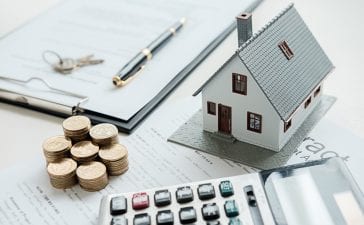Net loss for the period was £338.5m, widening from £287.6m for the same period in 2020
West End landlord Shaftesbury, whose estate covers Seven Dials, Carnaby St and Chinatown among other places, is hoping for a strong rebound this summer as it emerges from the UK’s lockdown that left its streets deserted.
CEO Brian Bickell said that, despite the cold and wet weather recently, footfall and ringing tills returned along with the easing of restrictions that let the area’s many pubs, bars and restaurants reopen from 12 April.
The weather hasn’t helped. It was not ideal conditions but people have come back, but half of our hospitality tenants were not able to reopen until last week, he said.
The CEO added that the more important milestone is 21 June, when social distancing should be relaxed and businesses can use their full capacity and actually make money.
On the chance that the 21 June date to reopen nightclubs and finally end social distancing may be pushed back, Bickell said it was important that the Government does it once and does it right, as the stop-start nature of restrictions would kill off already-struggling businesses.
Shaftesbury collected £48.9m in rents from central London tenants in the six months to 31 March 2021. Excluding lease incentives it was just £33m.
It managed to collect payments from less than half of its occupiers for the six month period.
Net loss for the period was £338.5m, widening from £287.6m for the same period in 2020.
Shaftesbury said the loss after tax for the period of £338.5m was predominantly due to revaluation deficits in both the wholly-owned portfolio and the Longmartin joint venture, which together amounted to £342.6m.
As venues went out of business, and empty space around Carnaby St, Chinatown and elsewhere has increased, the valuation of Shaftesbury’s portfolio has again shrunk across the period, dropping 10.1 per cent to £2.6bn.
Brian Bickell thinks that the West End revival is now underway.
Since the start of re-opening on 12 April, we are seeing an encouraging increase in demand for space and lettings and a return of footfall and spending across our locations. Forecasts point to a sharp rebound in the UK economy but there remains the risk that the recovery could encounter delays and setbacks in the period ahead, Bickell said.
We expect occupier demand to improve further as businesses seek to locate in our lively, holistically-curated villages. Importantly, the inherent flexibility in our portfolio, and our culture of innovation, will ensure we can continue to adapt our buildings to meet the fast-changing expectations of our occupiers, he said.
He said: Growing footfall, prosperity and occupier demand will improve our cash income and earnings and stabilise investment yields.






